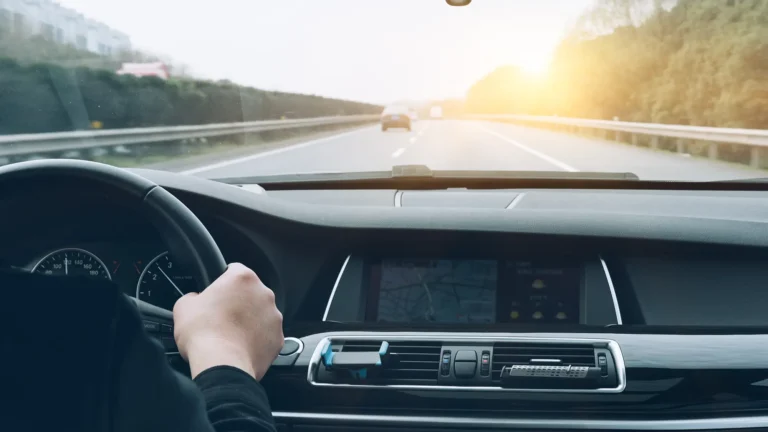Vos enjeux
Gestion d'activité
Géolocalisez vos véhicules Pilotez votre flotte sans géolocalisation Connectez vos biensGestion de parc & TCO
Simplifiez vos démarches administrativesCela peut aussi vous intéresser
Vos métiers
Cela peut aussi vous intéresser
Pourquoi nous ?
Calculez vos économies potentielles
Remplissez les informations liées à votre flotte de véhicules et découvrez les économies qui vous attendent en utilisant la solution Océan.
Faire ma simulationVous êtes ici :
- Accueil
- Blog













































































































































































